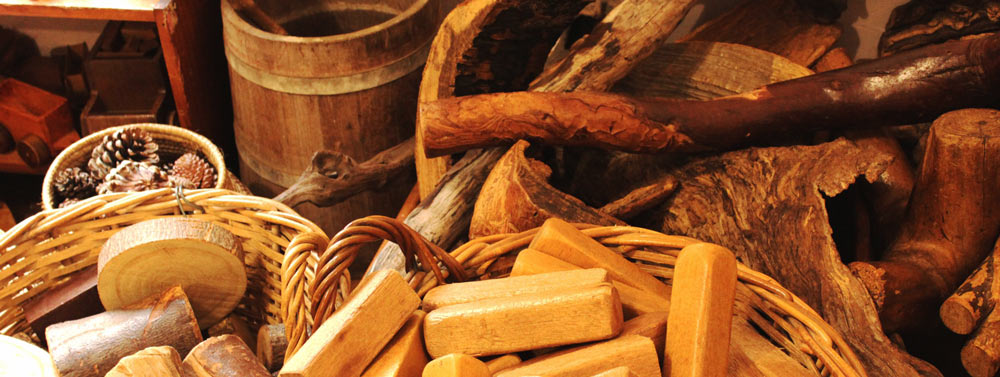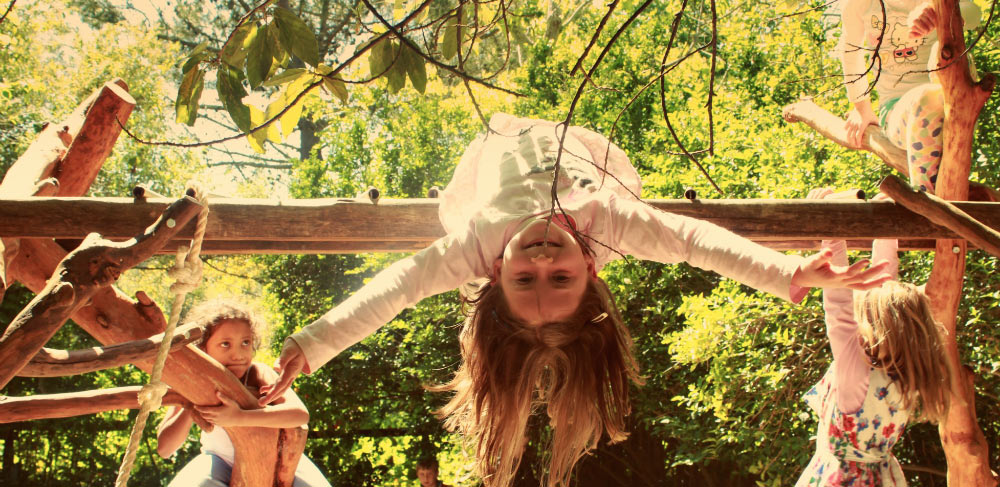Nestled at the top of our school, are our pre-school classes – a Toddler Group, Playgroup and Kindergarten – where among the peaceful and beautiful gardens one can hear happy voices of little children playing and see little hopping bunnies and chickens roaming freely.
At Constantia Waldorf School we are blessed with an abundance of green space where our children can explore in safety and experience the world around them.
For the young child, their environment is of paramount importance. In each classroom careful thought has been put into the materials and toys with which the children play. We strive to have only natural fibers, such as wood, pine-cones, stones, cottons, wool, silks etc. allowing the children to be surrounded by natural beauty. Simple toys such as these inspire more imaginative play. Children experience the world primarily through their senses and make sense of their environment by touching, seeing, hearing, tasting and smelling, not in abstract but by actual activity. In this way they make sense of their world. A focus on real, rather than virtual experiences supports the young child in forming a well-balanced and healthy relationship to the world. They need to experience a diverse range of sensory impressions and movements. Their natural inclination is to be curious and filled with wonder as they explore their physical and social environment. Our beautiful surroundings offer the opportunity to explore with limits, structure and protection, yet with the possibility to be brave enough to take risks and meet challenges. This education, based on a deep understanding of the individuality of each child, affords the possibility of safe guarding and respecting the importance of early childhood.
In our early years program the building blocks and foundations are laid for later learning and healthy development of the child’s physical, social, emotional, intellectual and spiritual growth. An atmosphere of loving warmth and gentle guidance that inspires and promotes joy, wonder and reverence in the young child supports their healthy, holistic development.
An awareness that young children learn through imitation is essential. Their days are filled with artistic and practical experiences, free creative and imaginative play, puppetry, storytelling, fairy tales, singing, outdoor play and sharing of seasonal festivals. The day is based around rhythm and repetition, which give the child a healthy sense of security enabling them to flourish. The teachers aspire to create a happy, warm and loving environment where the children feel safe and secure within the boundaries and strong rhythm of the day. As young children live in the world of imitation teachers must be worthy of imitation and mindful of how they present themselves to the children at all times.
Opportunities for self-initiated play with simple materials inspire the children to use their imagination. The focus on free creative play lays the foundations for future strong imaginations, excellent problem solving skills, creative thinking and being socially aware and well developed. The activities in our classrooms take into consideration the age specific developmental needs of the young child, from a focus on will-orientated physical activity in the first three years, then looking at imaginative play in years three to five, and later a more cognitive approach as the children begin to prepare for Primary School in the year that they turn 7.





